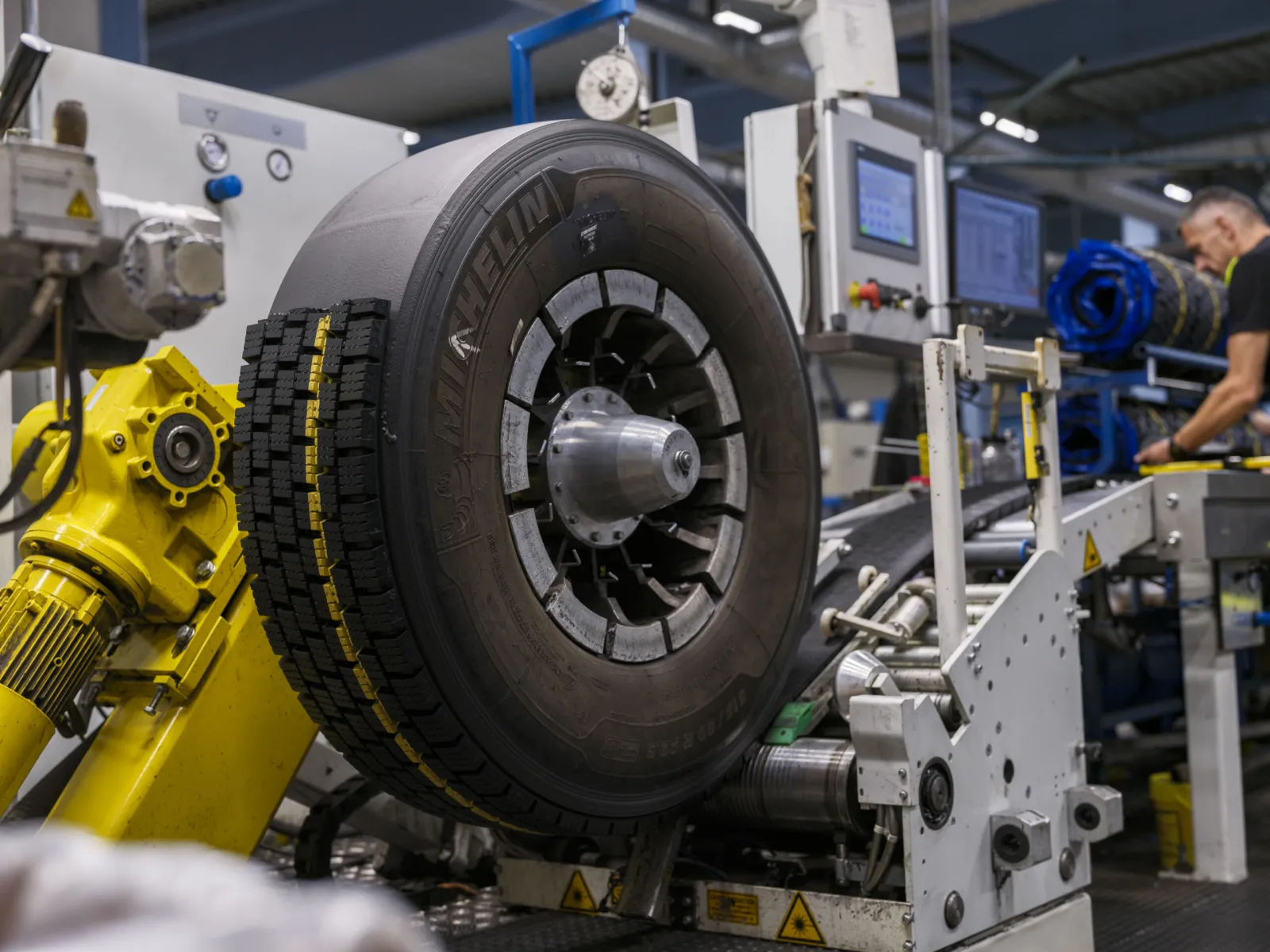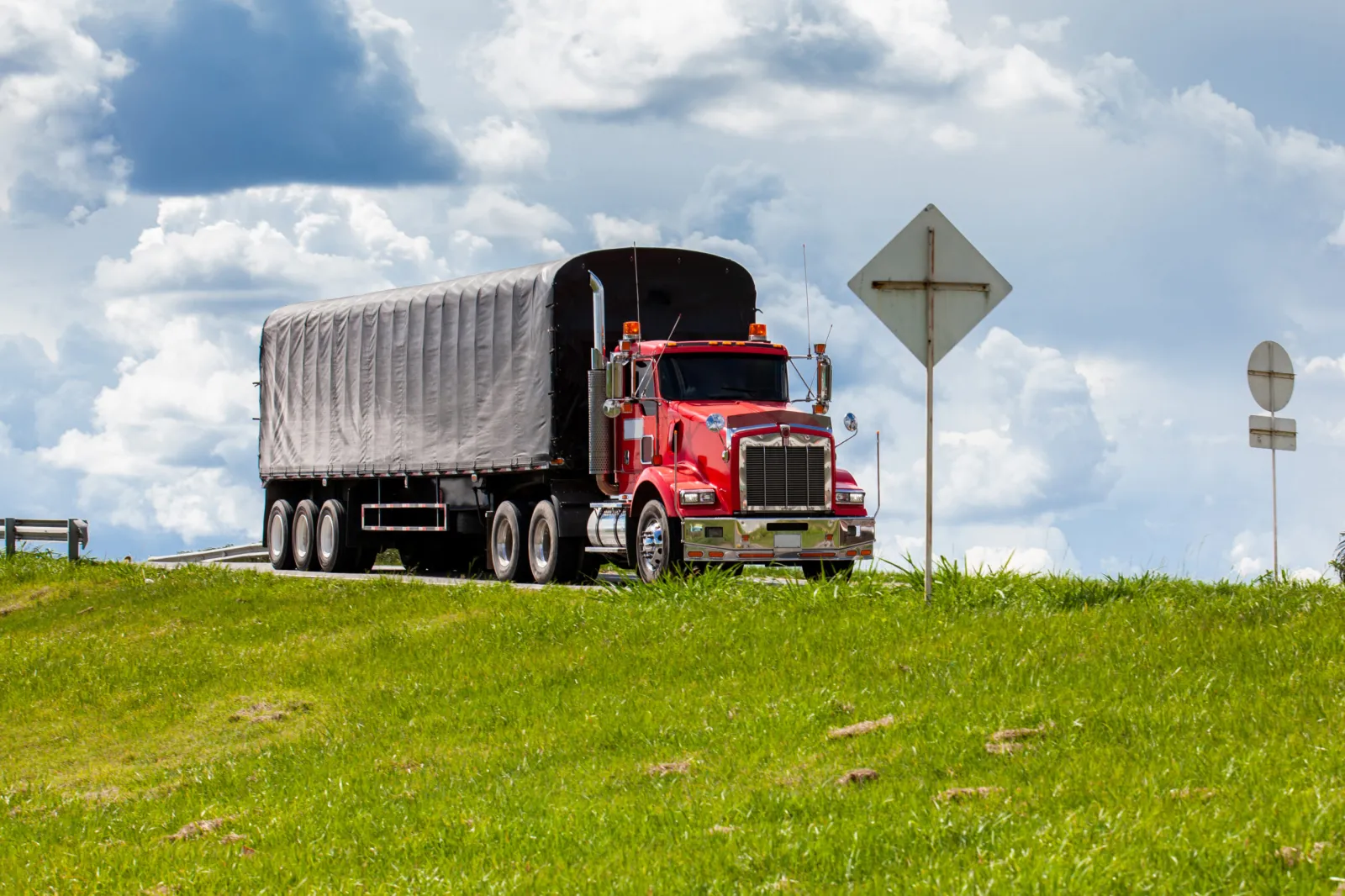It is a contradiction in terms when legislation like the EU Deforestation Regulation (EUDR) comes to the table; the aims of which are heavily supported by industry, yet it is so disjointed in application that it’s effectively working against itself, especially with new changes that have united the European tyre industry in calling for amends… again.
The recent amendment now appears to make it much easier to import a new tyre than to create a retread in Europe, a reality that’s not lost on anyone in the sector and that almost continues the status quo in stark contrast to the legislation’s stated aims.
European Tyre Industry Calls for Quick Action
The European tyre industry has had to weigh in on the new developments. While reiterating that the whole tyre industry supports the EUDR and its objective of preventing deforestation linked to products placed on the European market, and outlining that the purpose is right and urgent, the sector has invested heavily to comply.
The European tyre industry has consistently called for no delay in the enforcement of the EUDR and for real simplification, meaning no transfer of DDS along the value chain.
However, it’s now becoming increasingly apparent that the new Commission proposal fails to deliver this. Tyres Europe (formerly ETRMA) has urged EU co‑legislators to rethink the European Commission’s 21 October amendment proposal to the EUDR, arguing that the changes would set back implementation by around 18 months and distort competition in the tyre market.
At the core of the proposal is a new “first placer” approach under which importers of natural rubber, rather than tyre manufacturers, would be responsible for filing EUDR due diligence statements (DDS). According to Tyres Europe, this change alters the fundamental logic that the industry and its partners have used to build compliance systems. It introduces fresh legal and operational uncertainty just before the Regulation is due to take effect.
Adam McCarthy, Secretary General of Tyres Europe, said the proposal is not a simplification in practice. “What is presented as simplification is, in reality, a last‑minute different solution that simply cannot work with the reality of the tyre market in the European Union. This does not make the EUDR more enforceable; it makes it more fragile,” said McCarthy.
Each tyre contains natural rubber from multiple batches and sources. If the DDS obligation sits with importers of natural rubber, Tyres Europe argues that a single EU‑made tyre could accumulate hundreds, even thousands, of DDS reference numbers during its passage through the value chain. Those identifiers would then need to be stored and transmitted by distributors, retailers and fleets, many of which are small and medium‑sized enterprises with limited data‑management capacity.
By contrast, imported finished tyres would carry a single DDS, since the natural rubber in those products does not enter the EU as a standalone commodity. Tyres Europe says this creates a competitive imbalance between EU‑manufactured tyres and imported finished tyres without improving traceability or environmental outcomes.
The association adds that the Commission introduced the changes without an impact assessment covering the industries and commodities in scope, and that the “grace period” language in the proposal creates confusion about the sequencing of customs checks and potential retroactive fines.
European tyre manufacturers report that they have invested heavily over recent years to comply with the EUDR as adopted. Companies have built IT systems, restructured supply chains and prepared to file DDS for natural rubber and tyres, whether EU‑made or imported. The new proposal, Tyres Europe contends, disrupts that preparation by multiplying DDS identifiers and shifting the burden downstream, requiring substantial redesign of compliance tools and documentation flows.
According to the association, overall readiness would deteriorate not for lack of effort but because the rules are being changed at the point of application, and in this instance, with little warning and no consultation with those responsible for implementing them. What had been achievable under the original framework, such as attaching one DDS per product, may become technically unworkable if every intermediary is required to manage and retransmit large volumes of identifiers.
Tyres Europe is calling on policymakers to:
- Reject the proposal if unchanged. As drafted, it seriously undermines compliance readiness, fails to deliver simplification, and shifts disproportionate burdens onto downstream actors, mainly SMEs in the tyre supply chain, with no possibility of managing a tsunami of references for each tyre. For our sector, this is not simplification — it is further complication a few weeks before implementation.
- Amend the proposal to introduce real simplification by deleting the obligation to pass DDS identifiers down the value chain (Articles 4(7) and 5(5)).
- Adopt and publish the delegated act amending Annex I immediately to secure legal certainty for innovation (testing and R&D tyres) and circularity (retreaded and used tyres).
Tyres Europe links the delegated act to two cases that are currently addressed only in guidance, not in law. First, tyres are used for R&D and testing, where clarity is needed to avoid unintended barriers to innovation. Second, retreaded and used tyres, where an explicit exclusion is sought to support circular economy objectives and ensure proportionality. The association says publishing the delegated act now would avoid ambiguity and unnecessary redesign of compliance for a sector that contributes to resource efficiency and emissions reduction.
The association argues that all natural rubber used in tyres placed on the EU market is imported, so the most effective enforcement point is at customs before products circulate. In its view, transferring DDS data through multiple downstream actors does not make enforcement more effective. Instead, it risks creating a large volume of documentation, increasing error risk and making checks harder rather than easier.
It’s yet another perplexing situation for retreaders in Europe, where it’s now quite clear that overall readiness across the tyre supply chain will deteriorate, not because of a lack of effort, but because the rules of the game have been changed a few weeks before their application.
For all its laudable aims, EUDR is turning into a complex, counterproductive piece of legislation that is costing the tyre industry time and money to do the right thing. At the same time, legislators seem intent on making it less effective, more confusing and more complex to implement; none of which appears to align with the initial aim of implementing it in the first place.







